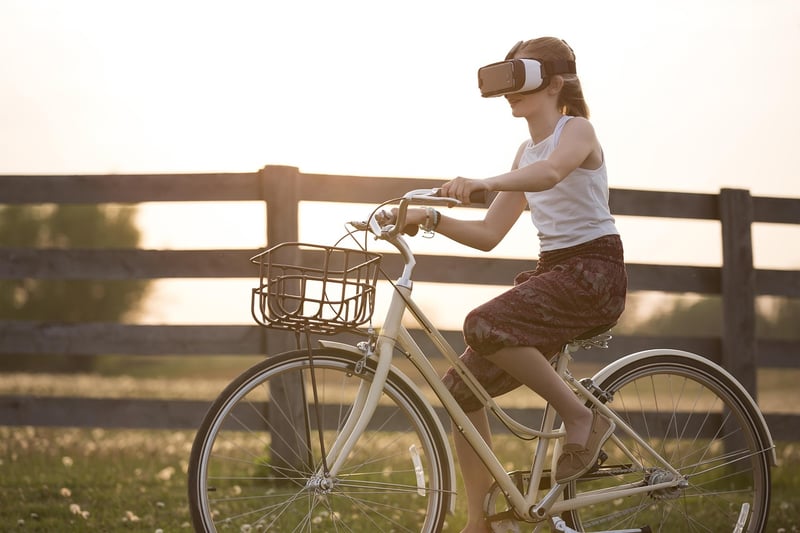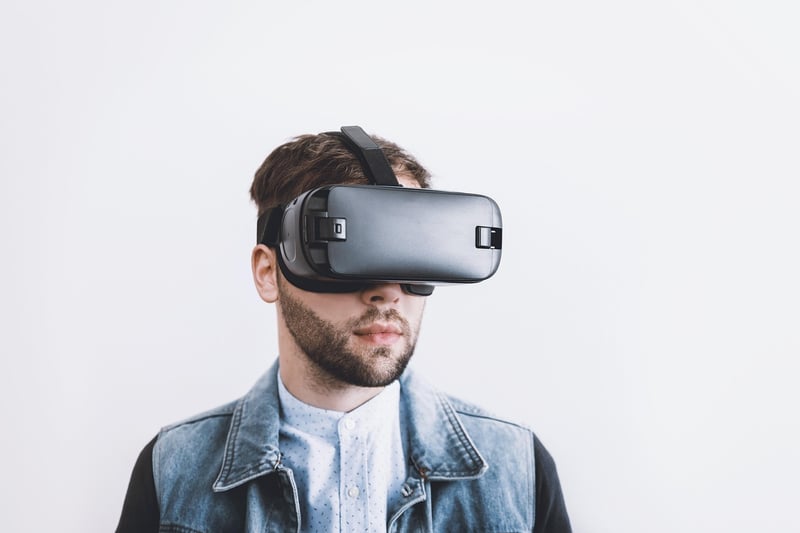Virtual Field Trips
Enhancing Education with VR Experiences + Virtual Field Trips

In today's digital age, technology is revolutionizing the way we learn and engage with educational content. One such innovative tool that is transforming the educational landscape is Virtual Reality (VR). By immersing students in a virtual environment, VR experiences and virtual field trips offer a unique and interactive way to enhance learning across various subjects.
The Benefits of VR in Education:
- Enhanced Immersion: VR provides a high level of immersion that traditional teaching methods cannot match. Students feel like they are physically present in the learning environment, making the experience more engaging.
- Real-World Simulations: Virtual field trips allow students to explore places and scenarios that may not be accessible in real life. From visiting historical landmarks to exploring outer space, VR expands the possibilities of learning.
- Interactive Learning: VR experiences enable hands-on learning where students can manipulate objects, conduct experiments, and engage with the content in a more interactive way.
- Engagement and Motivation: The immersive nature of VR captures students' attention and motivates them to actively participate in the learning process, leading to better retention of information.
Examples of VR in Education:
Various educational institutions and organizations are leveraging VR technology to enhance learning experiences:
- Google Earth VR: Explore the world in 3D with virtual reality, giving students a deeper understanding of geography and culture.
- Titans of Space VR: Take a virtual tour of the solar system, providing an immersive way to learn about planets and celestial bodies.
- Discovery Education: Offers virtual field trips to various locations, bringing real-world experiences to students in the classroom.
Implementing VR in the Classroom:
Integrating VR into the classroom can significantly benefit students' learning outcomes. Educators can:
- Curate VR content that aligns with the curriculum to supplement traditional teaching methods.
- Facilitate discussions and activities based on the VR experiences to reinforce learning objectives.
- Provide guidance and support to students as they navigate virtual environments and interact with the content.
- Encourage collaboration and group activities using VR technology to enhance teamwork and communication skills.
As VR technology continues to evolve, its potential to revolutionize education and provide students with immersive learning experiences is limitless. By incorporating VR experiences and virtual field trips into the curriculum, educators can inspire curiosity, creativity, and a deeper understanding of the world around us.
